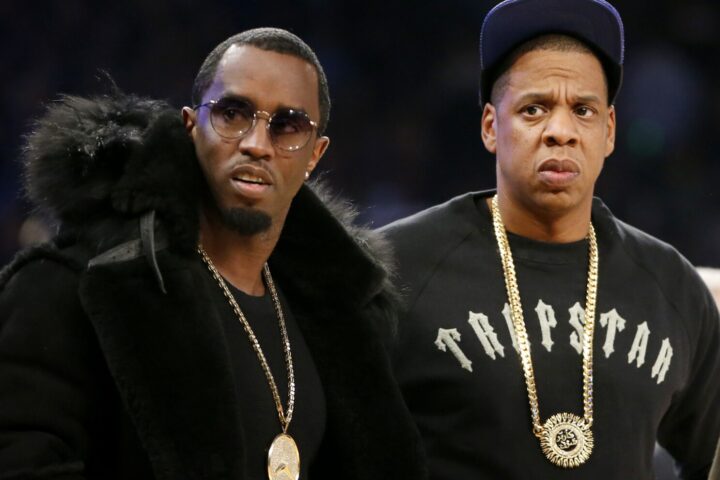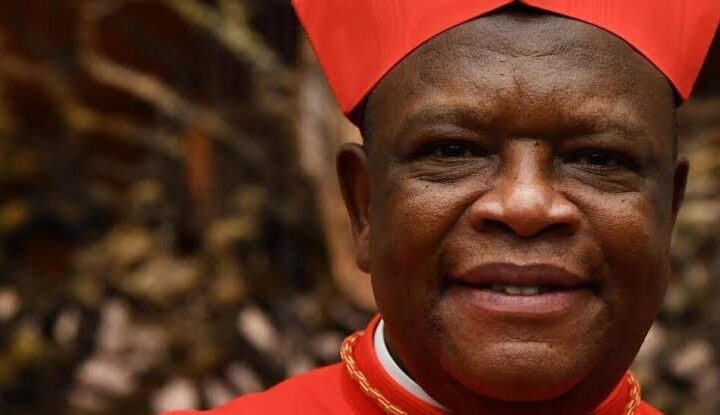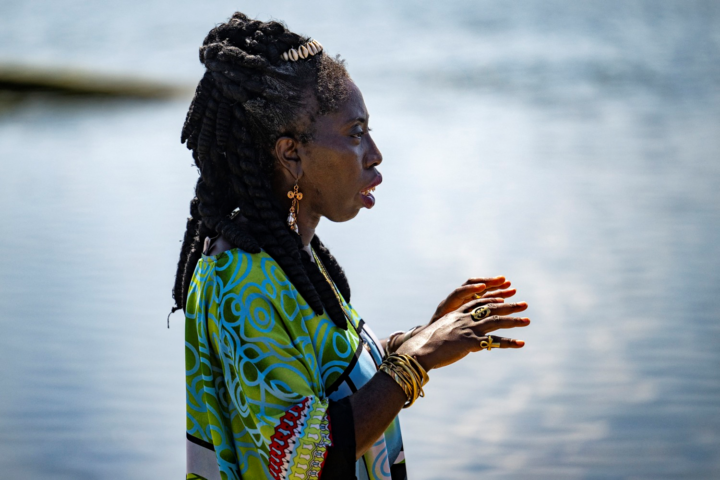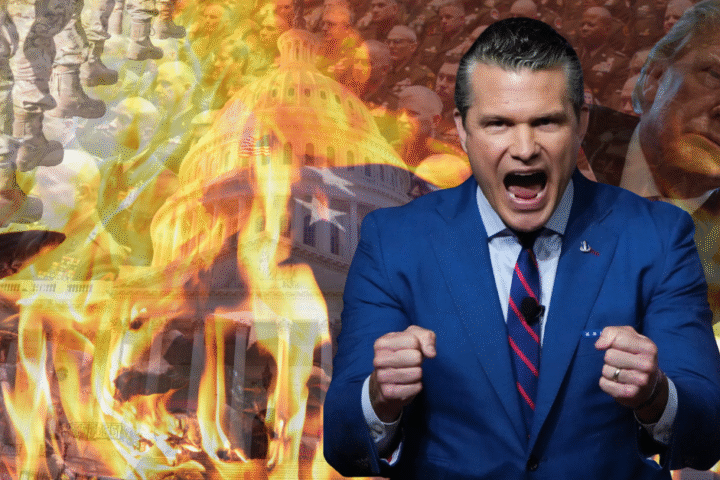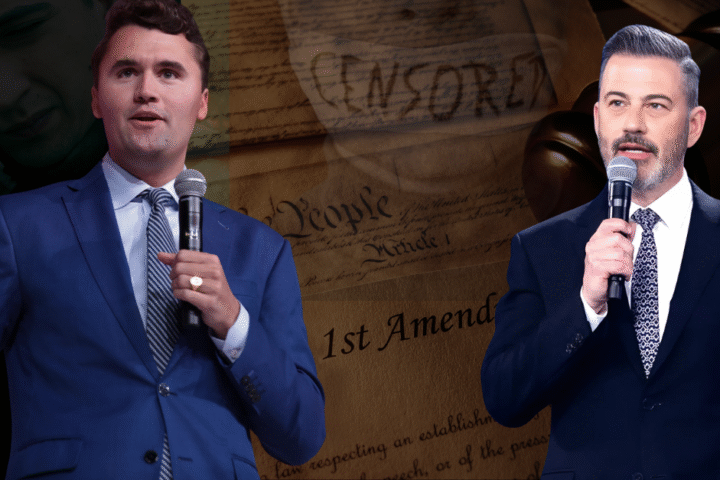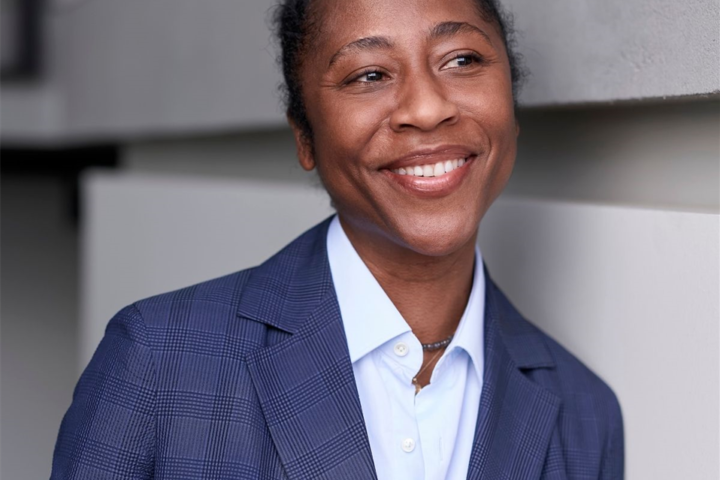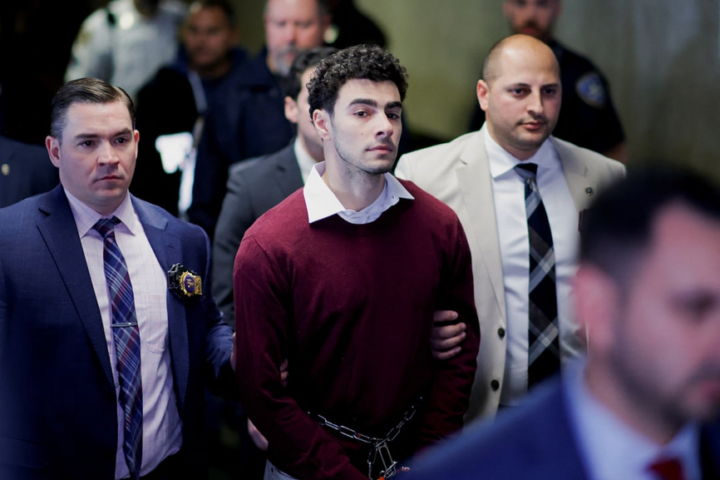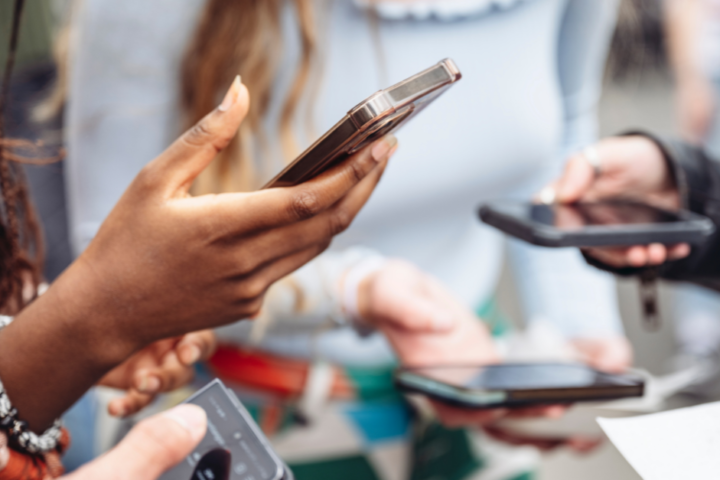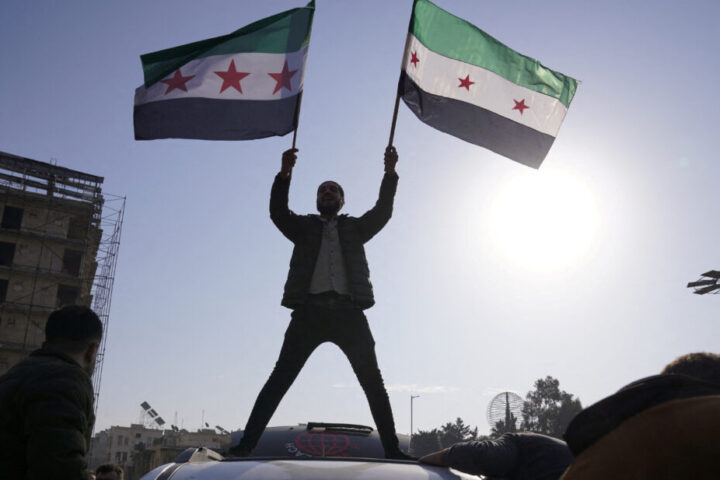Editorial note: The following is an opinion editorial (Op-Ed), and the views and positions expressed belong solely to the author; they do not represent those of this publication.
Since the first MC picked up a mic and spit a verse, and the first DJ stretched the vinyl in a Bronx basement, rap beefs have served as both a testament to lyrical prowess and a cautionary tale of the dangers that lurk beneath the surface. While these verbal jousts have long been celebrated as a demonstration of skill and artistry, recent events have underscored the potential perils that accompany them, particularly in an era where the line between reality and entertainment has become increasingly blurred.
Let us not forget the loss of hip-hop legends Tupac and Biggie, whose lives were tragically cut short by a rap beef that escalated from lyrical shots to real gunfire. It becomes evident that the stakes are higher than ever before. The ongoing tension between hip-hop heavyweights Kendrick Lamar and Drake serves as a stark reminder of the risks involved when personal grievances spill over into the public domain, potentially endangering not only the lives of the artists themselves but also the culture they represent.
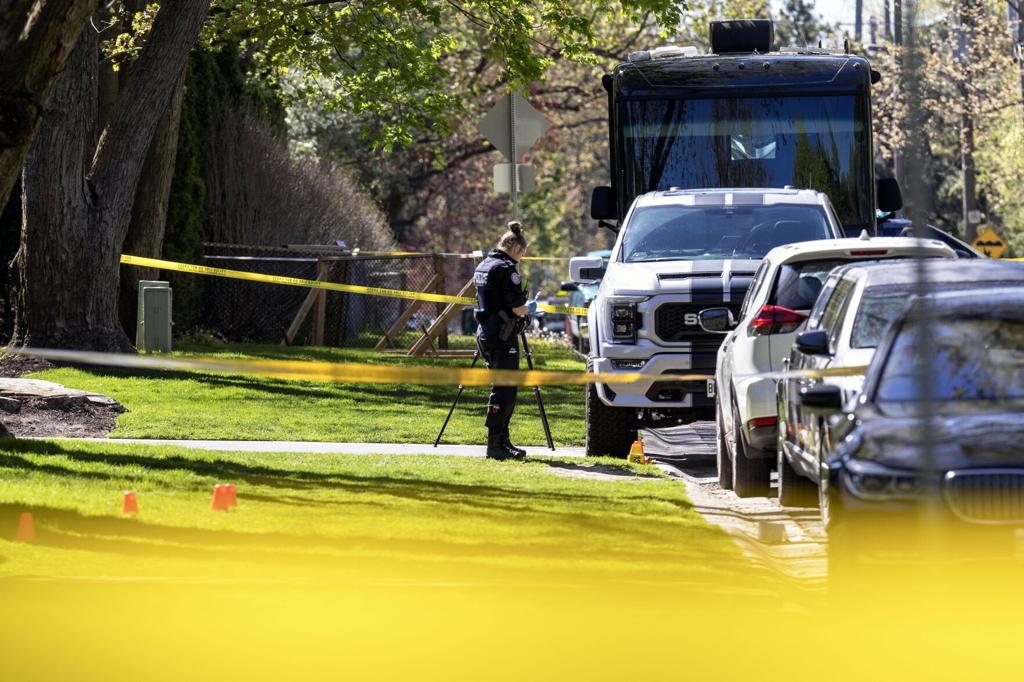
In this era of hyper-connectivity, where social media platforms amplify every diss and retort, it’s essential to exercise caution and restraint. While rap beefs can undoubtedly generate buzz and elevate an artist’s profile, they also have the power to sow seeds of division and discord within the community. As advocates for the culture, it is incumbent upon us to resist the temptation to fan the flames of conflict and instead strive to foster a spirit of unity and collaboration.
At the core of this issue lies a profound question of responsibility. As artists command influence on a global stage, they must remain keenly aware of the profound impact their words and actions can exert on impressionable minds. Mere assertions of dominance or superiority fall short of true greatness; authentic greatness manifests in leveraging one’s platform to uplift and empower others, especially those hailing from marginalized and underrepresented communities. It’s crucial to recognize that a significant proportion of hip-hop artists emerge from these very communities, and their music resonates deeply within them, often transcending mere entertainment to become a way of life. Consequently, the words of these artists carry immense weight, particularly among impressionable youth who look up to them as role models. Thus, the responsibility extends beyond personal ambitions to shape a narrative that fosters positivity and empowerment, inspiring the next generation to aspire to greatness while staying true to themselves and protecting the culture.
To propel the culture forward, we must internalize the teachings of history and navigate a path that cherishes artistic rivalry without descending into real-world violence. We should celebrate spirited lyrical sparring and openly support our favorite artists on social media and in public, without allowing it to morph into a threat against these artists or their entourage, or spill onto the streets where fans might turn against each other in real life to defend their rapper’s reputation. Such toxicity is detrimental to the culture, and it’s safe to assume that artists themselves have no desire for such outcomes.
In the end, an artist’s legacy isn’t measured by the number of diss tracks they’ve dropped or the enemies they’ve vanquished. It’s about their catalog’s influence and the impact on the culture.
We must strive to create a hip-hop culture that’s mature enough to handle artistic disagreement without it escalating to real-world altercations and violence. Let’s ensure that artists like Drake and Kendrick Lamar have the opportunity to grow old gracefully, passing on their wisdom to the next generation of MCs, and guiding them through the challenges of the industry. After all, without the artists, there would be no culture to protect.

